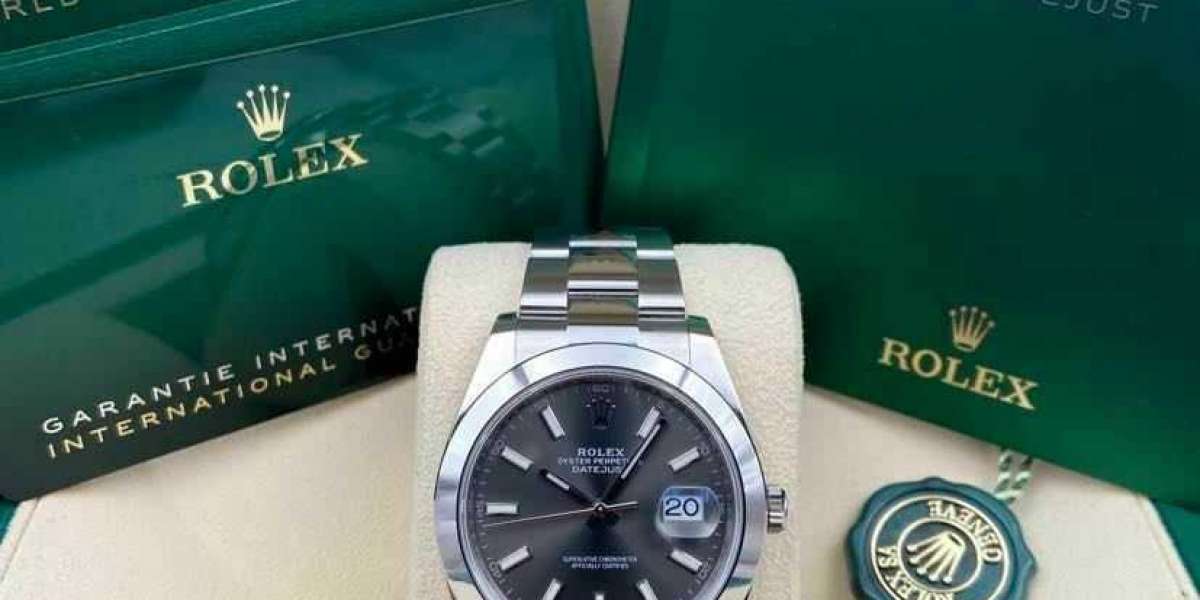Introduction
The marketplace for luxury watches is a lucrative one, with manufacturers like Rolex commanding excessive prices on account of their popularity for high quality and craftsmanship. Nevertheless, not everyone can afford an genuine Rolex watch, leading some people and businesses to promote pretend or replica variations at a fraction of the cost. However is it legal to promote these counterfeit timepieces? This article will explore the ethical and legal concerns surrounding the sale of pretend or replica Rolex watches.
Moral Issues
From an moral standpoint, selling pretend or replica Rolex watches will be considered as dishonest and misleading. Consumers who buy these counterfeit objects may believe they're getting a excessive-quality product when in reality, they're buying a knock-off. This will lead to disappointment and a lack of trust in the vendor. Moreover, counterfeit goods usually fund criminal organizations and contribute to a black market economic system, which might have unfavorable social implications.

In addition, the sale of pretend or replica watches can hurt the status of the unique model. Rolex has constructed a robust model image over the years, and the presence of counterfeit variations available in the market can dilute the exclusivity and prestige related to proudly owning a genuine Rolex watch. This could ultimately impact the model's profitability and standing in the luxurious orient perpetual calendar automatic watch replica for sale business.
Authorized Issues
Whereas the sale of faux or replica Rolex watches is unethical, it is also illegal in many jurisdictions. Rolex holds trademarks and copyrights for its designs and logos, which are protected by mental property legal guidelines. Promoting counterfeit gadgets that infringe on these rights may end up in legal action, together with civil lawsuits and criminal fees. In the United States, for instance, the Lanham Act prohibits the sale of counterfeit goods and allows trademark homeowners like Rolex to seek damages and injunctions in opposition to infringing events.
In addition to intellectual property laws, promoting counterfeit watches may violate consumer safety laws. Many international locations have rules in place to protect shoppers from deceptive trade practices, similar to false promoting and fraud. Promoting pretend or replica Rolex watches without disclosing their true nature could be thought of a type of fraud, exposing sellers to legal consequences.
Penalties for Promoting Pretend Rolex Watches
The penalties for selling fake Rolex watches can fluctuate depending on the jurisdiction and the specific circumstances of the case. In some international locations, promoting counterfeit goods is punishable by hefty fines and imprisonment. In the United States, for instance, individuals convicted of trafficking in counterfeit items can face up to 10 years in prison and fines of up to $2 million for companies.
Along with criminal penalties, sellers of faux Rolex watches could also be topic to civil lawsuits filed by the trademark owner. Rolex has a authorized workforce dedicated to imposing its mental property rights and combating counterfeiting. The corporate actively pursues legal motion towards sellers of fake Rolex watches, in search of damages for lost sales and hurt to its brand status.
Conclusion
In conclusion, the sale of fake or replica Rolex watches is a complex situation with ethical and legal implications. Whereas it may be tempting to buy a knock-off model of a luxury watch at a discounted value, shoppers ought to be aware of the risks associated with buying counterfeit goods. Sellers of fake Rolex watches ought to also be mindful of the potential legal consequences of their actions. Finally, the best course of action is to assist authentic manufacturers and products, and to respect the intellectual property rights of others.








